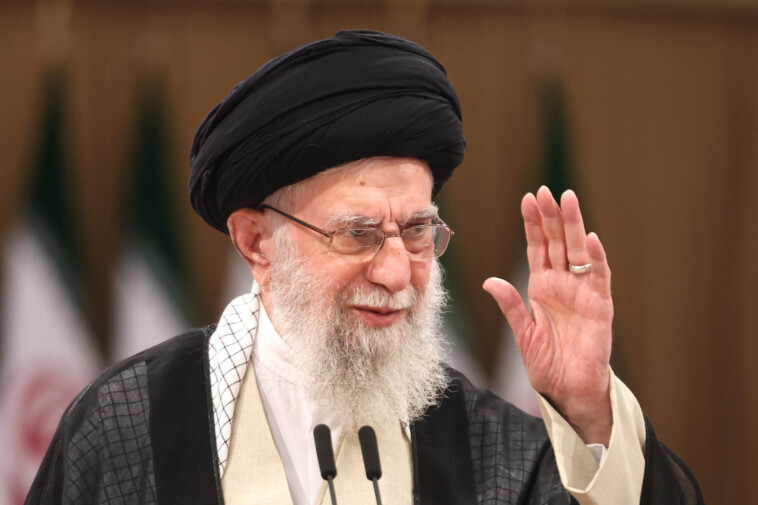The system that the U.S. put in place in Iraq following its 2003 invasion of the country was abused by shady Iraqi banks that used the lax system to funnel large unknown sums of money to Iranian terrorists.
The Wall Street Journal reported that the three banks run by Ali Ghulam wired tens of billions of dollars outside of the country to fake vendors who submitted fraudulent invoices.
“U.S. officials suspect his banks were among more than two dozen Iraqi banks involved in funneling dollars to Iran and its militia allies, using front companies and falsified invoices to circumvent sanctions that block Iran from the global financial system,” the report said. “Audits of Ghulam’s banks completed in May, reviewed by The Wall Street Journal, reveal extraordinary details of overseas dollar transactions that auditors said raised money-laundering concerns.”
The report said that numbers as high as 80% of the more than $250 million in wire transfers that could flow through the banks on a daily basis were “untraceable” and some of the money would go to Iran’s Islamic Revolutionary Guard Corps (IRGC), a designated terrorist organization, and to other Iranian-backed terrorist groups in the region.
The Pentagon warned the White House as far back as 2012, during the Obama administration, that fraudulent activity was happening at the banks. Obama, who killed a massive federal investigation aimed a crippling the Iranian-backed terrorist group Hezbollah, did not appear to take action against the banks.
U.S. officials warned that there was as much as $800 million worth of fraud happening per week through the system in Iraq.
The system that was set up had the New York Fed hold Iraq’s tens of billions of dollars worth of earnings from oil sales every year to send physical cash back to Baghdad to help stabilize Iraq’s economy and prevent the further spread of ISIS in the country.
However, because Iraq was not part of Swift, a Belgium-based service that routes messages between banks, the Iraqi banks were not required to divulge who they were wiring the funds to outside of the country.
“The Americans have nothing on me,” Ghulam, who now lives in a $40 million mansion in London, claimed in an interview. “I have nothing to do with money laundering or Iran.”
The report said that he sold U.S. dollars on the black market and belonged to one of the Iranian-backed extremist groups that fought against U.S. forces.
When Iranian-backed terrorist groups in Iraq “saw the dollars to be made from the system, they started taking over private banks,” the report said. “They then entered the business of wiring money abroad, abusing the system by using fraudulent or inflated invoices for nonexistent imports, according to Iraqi officials and bankers.”
Audits from a private firm found that his banks sent $3.5 billion outside of the country in the six months before the U.S. cut him off to a small number of “obscure companies in the U.A.E.”
“The smallest transfer was for exactly $2,970,000, and the largest was for exactly $17,000,000,” the report said. “In the six months audited, one Iraqi company sent precisely $243,000,000 in 17 payments through Iraqi Middle East Investment Bank. The audit called the round numbers a red flag for money laundering because such amounts are almost never seen in legitimate business transactions.”
When the Fed finally started investigating the business transactions in 2022, they “shut him down almost overnight,” the report said.



